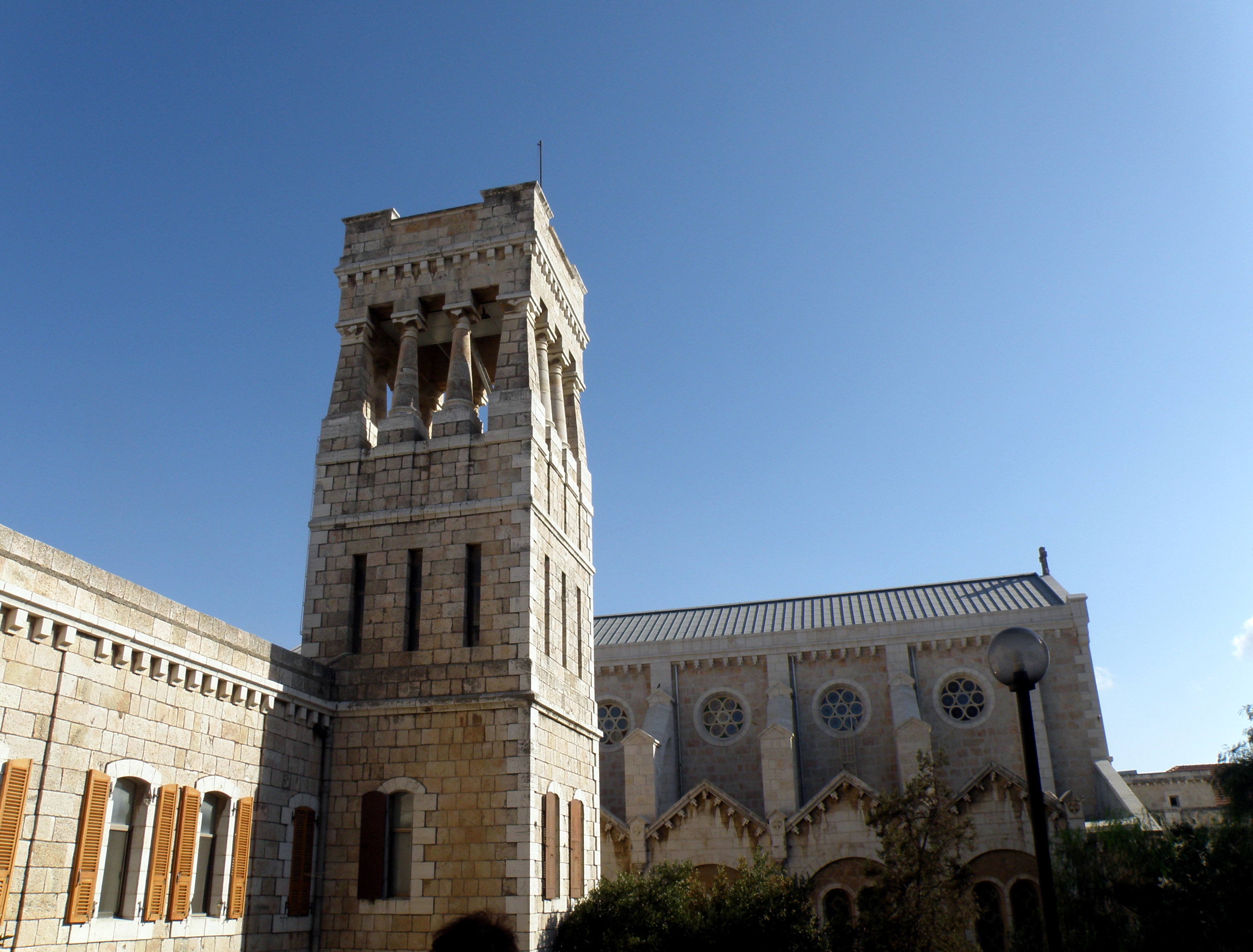
Roland De Vaux, the former director of École Biblique, speaks about the double-intent of messianic psalms. De Vaux, a thorough-going historical researcher, argues that the messianic psalms speak of every king in the Davidic line and ultimately to the ideal king who was to come:
“It has been maintained that Ps 2, 72, and 110 were at first royal psalms, and were modified after the Exile in a Messianic sense; but it is very hard to say what the revisions were. It is more reasonable to suppose that these psalms, like Nathan’s prophecy and other texts referring to royal Messianism, had a twofold meaning from the moment of their composition: every king of the Davidic line is a figure and a shadow of the ideal king of the future. In fact, none of these kings attained this ideal, but at the moment of enthronement, at each renewal of the Davidic covenant, the same hope was expressed in the belief that one day it would be fulfilled. All these texts, then, are Messianic, for they contain a prophecy and a hope of salvation, which an individual chosen by God will bring to fulfilment” (De Vaux, 1961: 110)